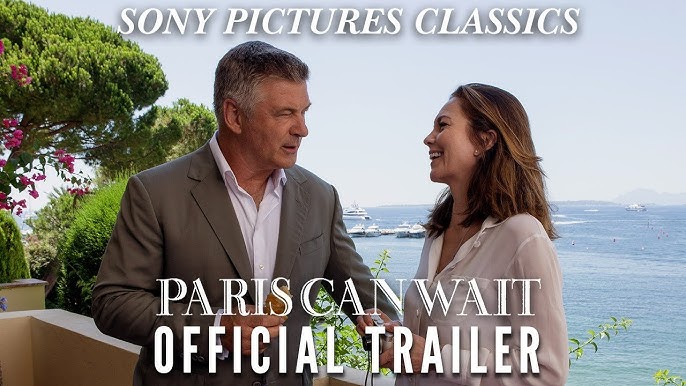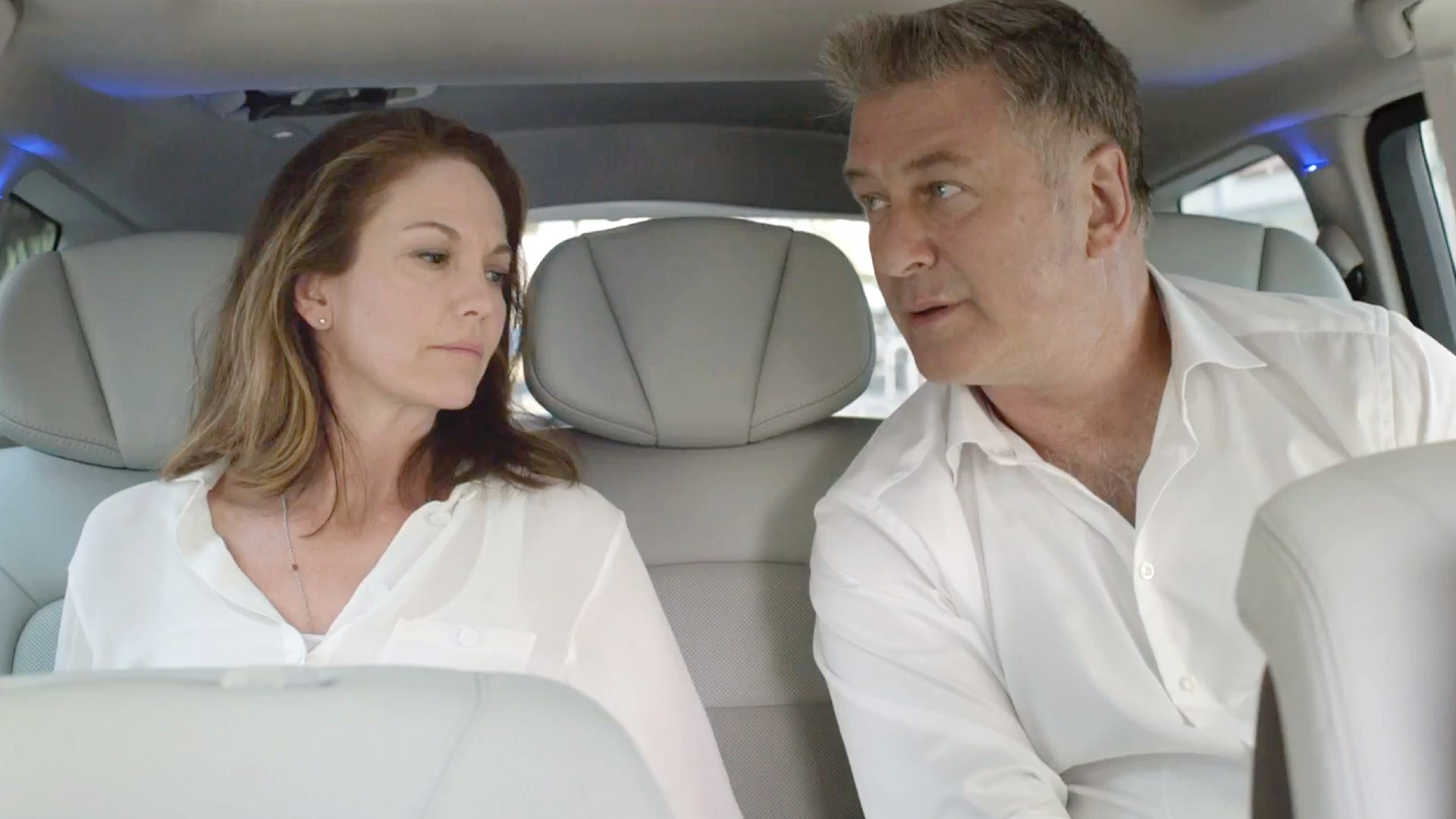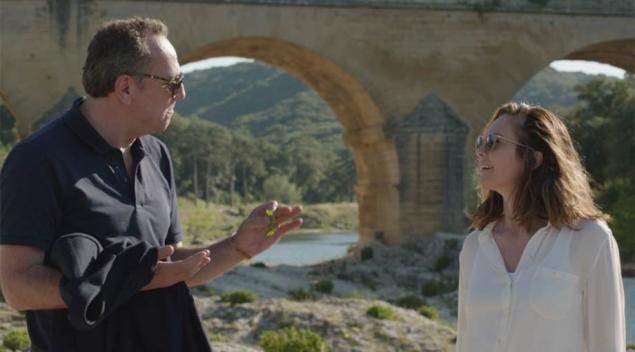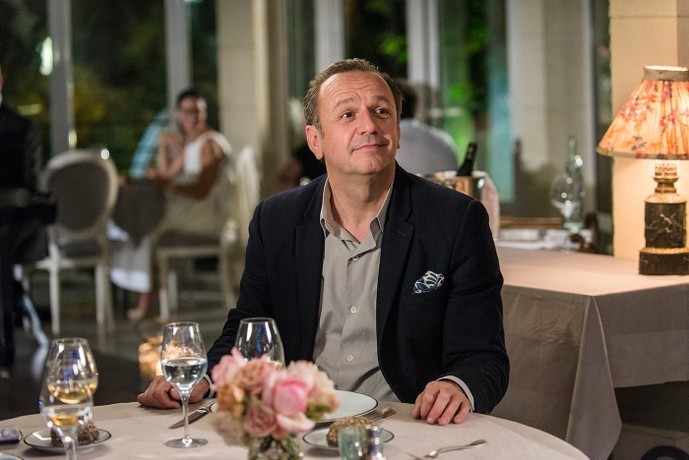Paris Can Wait (2016)

“Paris Can Wait” (2016) is a charming and lighthearted romantic comedy written, co-produced, and directed by Eleanor Coppola in her first narrative feature as a director. Known for her work in documentary films, Coppola brings her distinctive storytelling style to this heartwarming tale of self-discovery, personal reflection, and the joys of life’s unexpected detours. The film stars Diane Lane, Alec Baldwin, and Arnaud Viard, offering a delightful exploration of romance, adventure, and the beauty of the French countryside.
The story revolves around Anne (Diane Lane), a woman in her 50s who finds herself in a midlife crisis of sorts. Married to a successful but emotionally distant businessman (Alec Baldwin), Anne feels unfulfilled in her marriage and disconnected from the passion and adventure she once experienced. Her life takes an unexpected turn when she accompanies her husband’s business associate, Jacques (Arnaud Viard), on a road trip through France. What begins as a simple journey to Paris turns into a transformative experience, as Anne begins to rediscover her joy for life and opens herself up to new possibilities.
As the trip unfolds, Jacques introduces Anne to the pleasures of French culture: delicious food, fine wine, breathtaking landscapes, and the art of savoring each moment. The slow-paced journey through charming villages and scenic countryside provides the perfect backdrop for Anne’s emotional awakening. Coppola skillfully contrasts the stress of Anne’s everyday life with the peaceful, contemplative nature of the French road trip, emphasizing how a change of scenery can lead to personal growth and reflection.
One of the central themes of “Paris Can Wait” is the rediscovery of passion and self-worth. As Anne grows closer to Jacques, she begins to reevaluate her marriage and her own desires. The film subtly examines the nature of relationships and how they evolve over time, as well as the importance of following one’s heart. While there is an undeniable romantic tension between Anne and Jacques, the film never fully embraces a traditional romantic plot. Instead, it focuses on Anne’s emotional journey toward understanding what she truly wants from life and how she can reclaim her own sense of self.

Diane Lane delivers a nuanced performance as Anne, capturing the character’s emotional range as she navigates her journey of self-discovery. Lane’s portrayal of a woman at a crossroads in her life is both relatable and poignant, with her chemistry with Arnaud Viard’s Jacques providing an engaging dynamic that fuels the film’s charm. Viard’s performance as the suave yet down-to-earth Jacques is equally compelling, adding layers to the film’s exploration of love, friendship, and personal freedom.

Visually, “Paris Can Wait” is a feast for the eyes. The stunning cinematography by John Toll showcases the idyllic French countryside, from rolling vineyards to quaint village streets, capturing the essence of rural France and its serene beauty. Coppola’s direction, with her background in documentaries, brings a natural and authentic feel to the film, allowing the audience to immerse themselves in the sights, sounds, and culture of France. The film’s pacing, reflective yet engaging, mirrors the leisurely pace of the road trip and the introspective nature of Anne’s journey.

In conclusion, “Paris Can Wait” is a delightful and thought-provoking film that offers more than just a simple romantic adventure. Through its exploration of self-discovery, relationships, and the beauty of living in the moment, it resonates deeply with viewers, particularly those experiencing similar feelings of longing or uncertainty. Eleanor Coppola’s directorial debut is a celebration of life’s unexpected turns and the joys of rediscovering oneself, all set against the breathtaking backdrop of France. With strong performances, stunning visuals, and a gentle, reflective tone, the film is a heartwarming journey worth taking.











